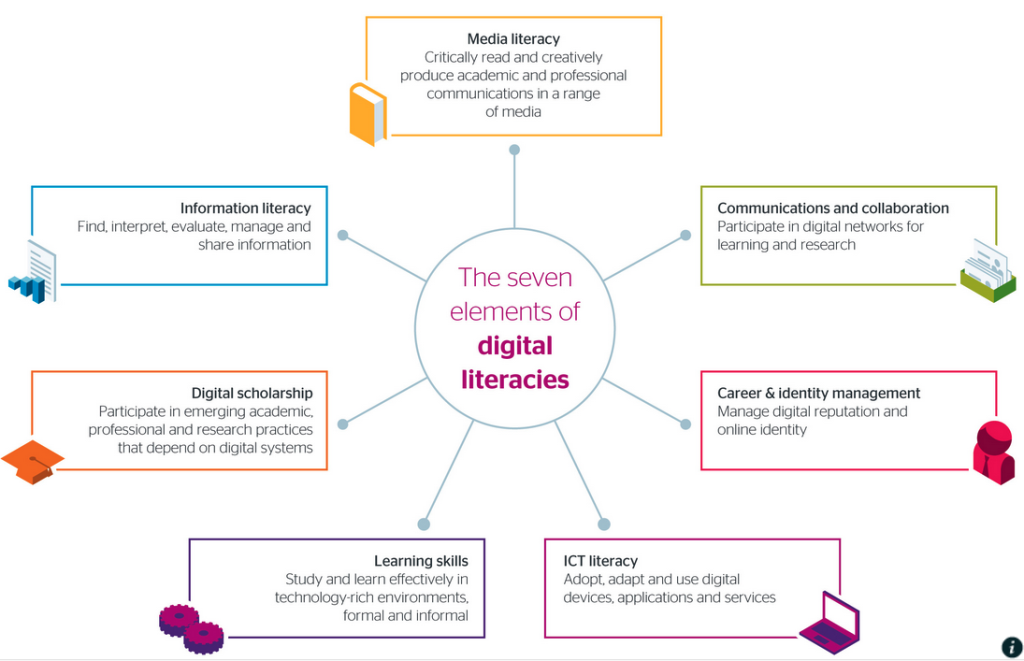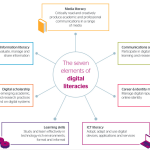 There's an interesting article today in WONKHE, the UK online higher education newspaper. Clare Adams in an article entitled "Digital capital is a whole-system issue – building it takes more than hardware", says universities must confront the scale and impact of the digital divide in ways they have not had to do before.
There's an interesting article today in WONKHE, the UK online higher education newspaper. Clare Adams in an article entitled "Digital capital is a whole-system issue – building it takes more than hardware", says universities must confront the scale and impact of the digital divide in ways they have not had to do before.
She proposes building on the six key elements of “digital access” including infrastructure, connectivity, expert instruction and a quiet place to study, as well as the requisite hardware and software, identified by the recent Gravity Assist report on digital learning and teaching.
And although hardware and software are onbioulsy important, she says that research and "reflection on the employer response to the opportunities presented by digital recruitment, finds that technology, which ought to be a huge leveller in terms of creating new pathways into employment and connections with employers for graduating students, is not delivering on its promise."
She says that this "research suggests that inclusion is very much a mindset, not a toolkit. We recommend that students be supported to access the technology they need – and while laptops may be in scarce supply in some households, 98 per cent of people aged 16-24 have access to a mobile device, which indicates the importance of mobile-enabled technologies."
The main proposal is recognising "the importance of developing digital capital – competence and confidence in using, not just recruitment tools, but social networking sites, knowing what to say to make a connection with an employer and online interview and assessment centre hygiene and etiquette – an area where careers services can certainly play a useful role."
"But the capitals lens also suggests measures to boost students’ digital access and competence can only ever chip away at entrenched inequalities.| But with this in mind they they recommend that "employers consider a more proactive approach to recruitment using technology to cast their net connect with possible recruits, and "actively scrutinising whether established recruitment practices are inadvertently excluding potentially great candidates from consideration."
With davancing technology and the Covid 19 pandemic there is a growing trend towards online interviews. But unless active steps are taken this trend might only deepen teh digital divide rather than realising the potential of digital technology to deliver diverse and dynamic graduate recruitment.




 There's an interesting article today in WONKHE, the UK online higher education newspaper.
There's an interesting article today in WONKHE, the UK online higher education newspaper.